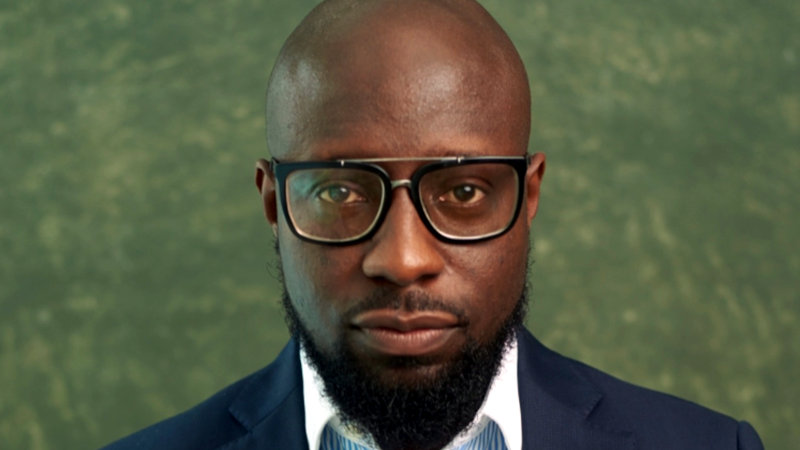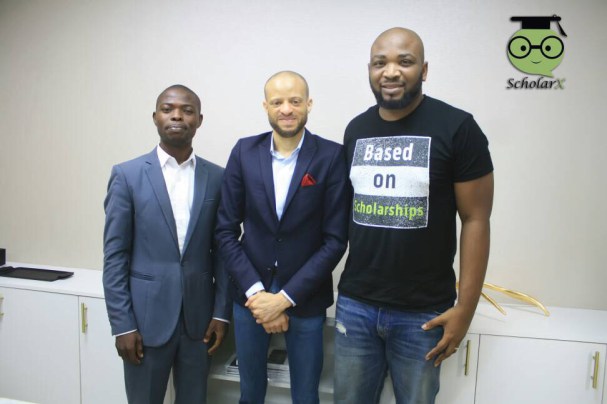Nigerian Startup TechAdvance Raises $1m In New Funding To Expand To Emerging Markets
Nigerian startups too are having a field day here. TechAdvance, leading Nigerian payment application development company is the latest to join startup fundraising bandwagon. The payment solution has raised $1m in new funding, putting the startup’s valuation at USD $20M.
Here Is The Deal
- The investment was led by the Bahrain-based energy investment company Lamar Holding.
- Lamar’s investment will support TechAdvance’s strategy to substantially expand its global expansion.
- The move will broaden Lamar’s successful portfolio into the technology industry, and give the company a foothold into the African continent.
‘‘The payments space in emerging markets is buzzing with opportunities but faces a number of major barriers. These funds will allow us to shift our focus to these opportunities — especially the launch of our digital bank, without compromising our existing business lines,” Founder and CEO of TechAdvance, Edmund Olotu said.
A Glance At Lamar Holding
Lamar Holding is an established developer and long-term operator of projects across Saudi Arabia’s national energy infrastructure network. Through a portfolio of companies and strategic joint ventures, Lamar Holding has garnered an unrivaled record of winning and delivering contracts in the Saudi energy market.
Why Lamar Holding Chose To Invest In TechAdvance
On why TechAdvance, Hani Abdulhadi, Vice President at Lamar Holding noted:
“We are delighted to make this investment in one of Nigeria’s most exciting and innovative companies. This is an opportunity for Lamar and TechAdvance to collaborate and distribute its expansive suite of digital solutions to emerging markets in Africa and the Middle East.”

A Glance At TechAdvance
- TechAdvance is a payment application development company founded in 2009 with a strategic focus in developing and deploying niche payment companies to serve the needs of large public and private sector organizations in Nigeria. It oversees various niche subsidiaries including GPay Africa, PayElectricityBills, Advance Bancorp Digital Microfinance Bank, and others.
- TechAdvance runs a network of subsidiaries, each of which focuses on different verticals in emerging markets including utility bill payments, digital financial services, and transportation software. Earlier this year, the company was highlighted as one of the top companies to Inspire Africa in the London Stock Exchange Group’s Report for 2019.
- TechAdvance, through its subsidiaries, recently acquired a microfinance bank and obtained approval in principle for a Payment Solution Service Provider (PSSP) license from the Central Bank of Nigeria. The company also recently received approval from the Central Bank of Bahrain to operate in the country, signaling its intentions to grow beyond Nigeria and Africa.
Charles Rapulu Udoh

Charles Rapulu Udoh is a Lagos-based Lawyer with special focus on Business Law, Intellectual Property Rights, Entertainment and Technology Law. He is also an award-winning writer. Working for notable organizations so far has exposed him to some of industry best practices in business, finance strategies, law, dispute resolution, and data analytics both in Nigeria and across the world.












